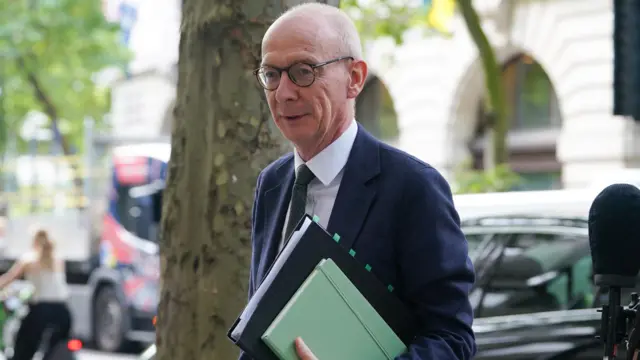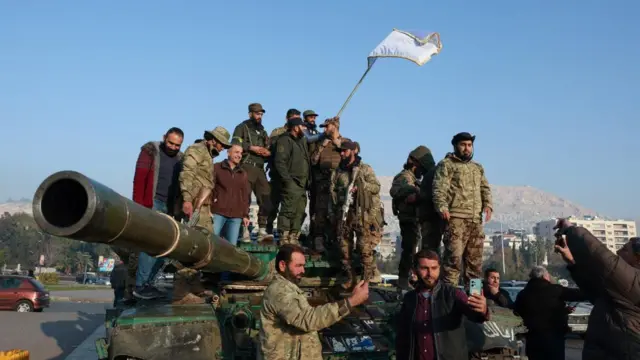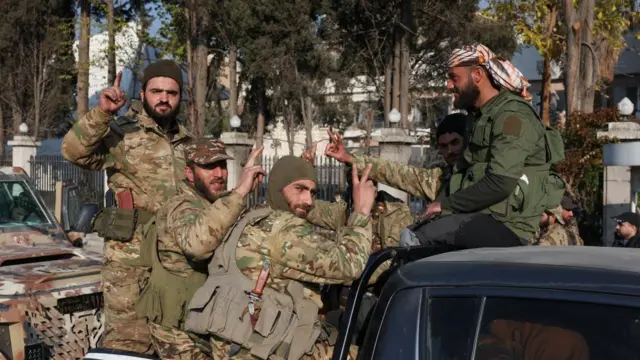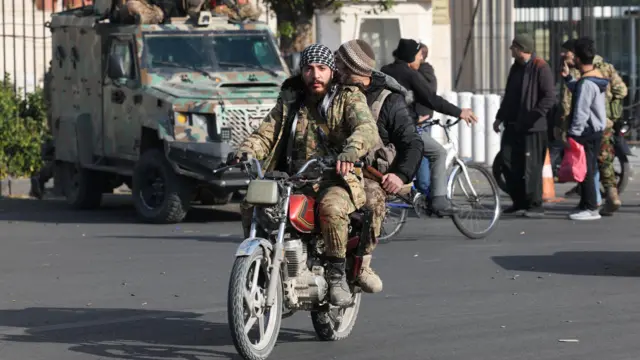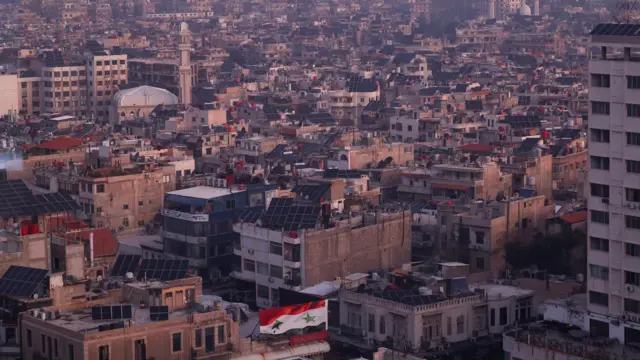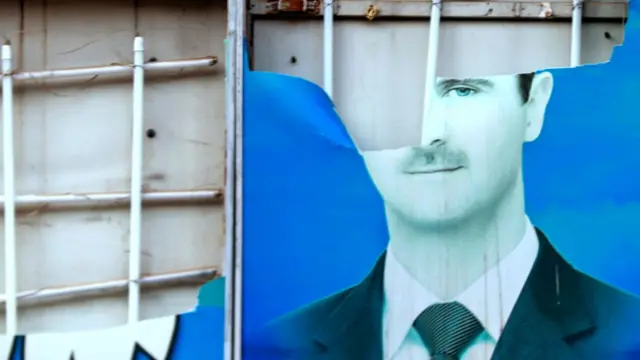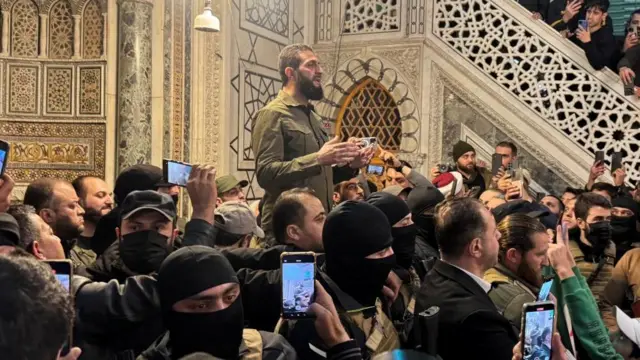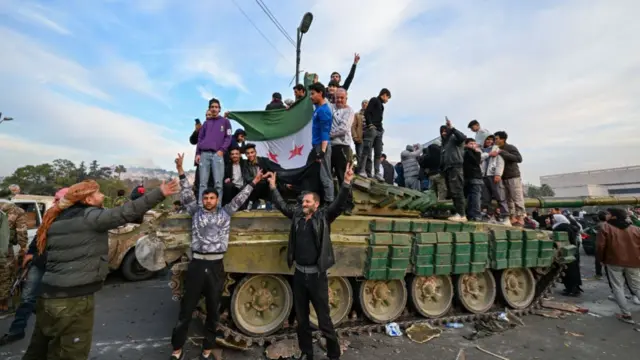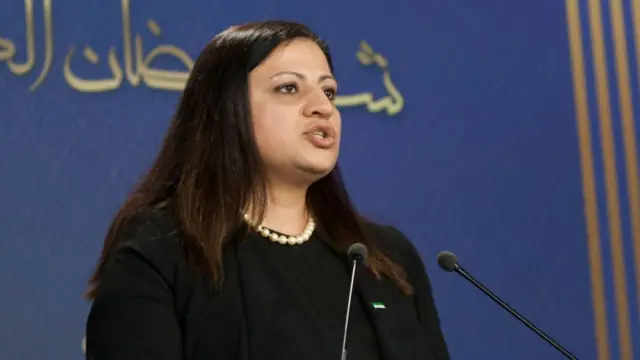No evidence of underground areas at Saydnaya prison, says humanitarian grouppublished at 09:47 GMT 9 December 2024
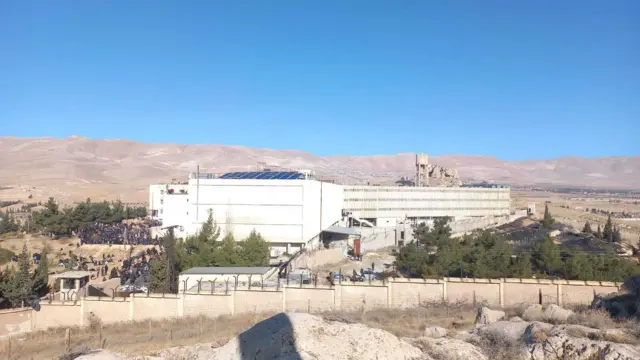 Image source, SyriaCivilDefe/X
Image source, SyriaCivilDefe/XFootage has been circulating of detainees being broken out of the notorious Saydnaya prison, where it is estimated that more than 30,000 prisoners were executed or died between 2011 and 2018.
There have been reports that within the prison, some people were trapped or hidden in secret underground areas, but one humanitarian group says it has found no evidence of this so far.
"To this moment, our teams who arrived at Saydnaya prison have not found any of the secret doors being talked about," a statement from the White Helmets reads.
Describing its operations, it adds: "The teams are using sound probes and search equipment as well as canine teams with trained dogs."
The White Helmets says that its teams are also being guided by people "who know the prison's entrances and secret passages" and adds that searches will continue "until we identify all its sections accurately".
